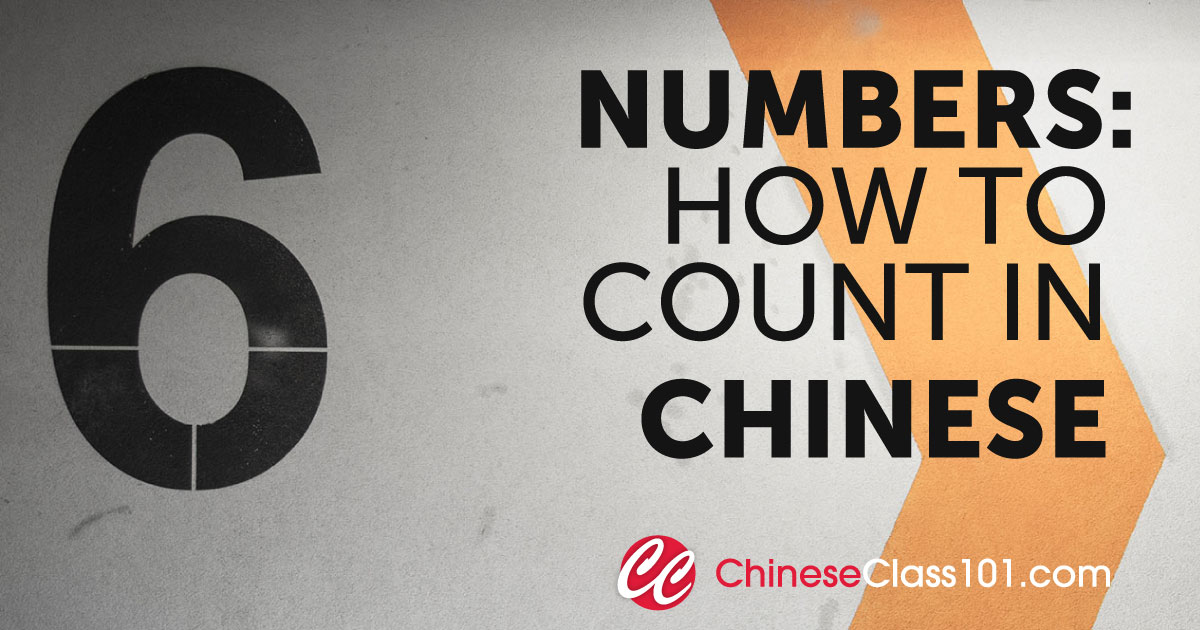In this month’s edition: returning to China (回国), emigrating from China, German chancellor visits China, energy crisis, compliments, growing up in China, Chinese economy and finally China’s one child policy.
回国VLOG
In case you’ve been wondering what it’s like to travel to China nowadays, this video by Janeslookbook gives an impression. She’s returning from New Mexico to China.
| 算是安顿下来了 | suànshì āndùn xiàláile | It’s settled |
| 比较丝滑 | bǐjiào sīhuá | relatively silky, smooth |
| 不顺心 | bù shùnxīn | unhappy |
| 记录一下临飞前的一周 | jìlù yīxià lín fēi qián de yīzhōu | Record the week before the flight |
| 阴性的证明 | yīnxìng de zhèngmíng | negative proof |
| 去申绿码 | qù shēn lǜ mǎ | to apply for Green Code |
| 瘦了两公斤 | shòule liǎng gōngjīn | lost two kilograms |
| 郁闷 | yùmèn | depressed |
Immigrating from China to Canada
And what about the opposite direction? How to immigrate from China to Canada? How do the new Chinese emigration policies affect Chinese people who are ready to leave for Canada? This consultant explains how it works.
| 中国出境政策 | Zhōngguó chūjìng zhèngcè | China Exit Policy |
| 产生了不小的震动 | chǎnshēng le bù xiǎo de zhèndòng | caused a little vibration |
| 去巧妙的化解 | qù qiǎomiào de huàjiě | to subtly resolve |
| 猪肝皮的护照 | zhūgānpí de hùzhào | pig liver skin passport (referring to the Chinese passport) |
| 护照的有效期 | hùzhào de yǒuxiàoqí | Passport validity |
| 合法的身份 | héfǎ de shēnfèn | legal status |
| 签证 | qiānzhèng | visa |
German chancellor Scholz goes to China
Laolei shares his thoughts on the German chancellor Scholz visiting Beijing. Most remarkable in my eyes was Xi’s openly cool and distant reception. No visit to the Chinese wall as a guest of honor or some other place of high symbolic value, not even a handshake in fact.
| 欧盟成员 | Ōuméng chéngyuán | EU member |
| 访华 | fǎng huá | visit to China |
| 商业团 | shāngyè tuán | business group |
| 签合同 | qiān hétóng | sign a contract |
| 得罪 | dézuì | to offend |
| 失望 | shīwàng | to disappoint |
| 评论 | pínglùn | to comment |
| 鄙视 | bǐshì | to despise |
Afu & the German energy crisis
Since Afu’s return to Germany the German blogger made a bunch of more or less commercial videos, presenting a number of tourism hot spots to his Chinese audience. This video though is about the energy crisis in Germany and how it affects average citizens.
| 能源危机 | Néngyuán wéijī | energy crisis |
| 开暖气 | kāi nuǎnqì | turn on the heat |
| 做好心理准备 | zuò hǎo xīnlǐ zhǔnbèi | be mentally prepared |
| 壁炉 | bìlú | fireplace |
| 取暖 | qǔnuǎn | heating |
| 入秋了 | rù qiūle | It’s autumn |
| 做个参考 | zuò gè cānkǎo | serve as a reference |
| 政府报告 | zhèngfǔ bàogào | government report |
Stop Saying 哪里哪里(nǎ lǐ nǎ lǐ)
How to accept compliments in Chinese? And what if you don’t want to reply with the standard textbook answer 哪里哪里? Here are some very useful alternatives.
| 有眼光 | Yǒu yǎnguāng | you have good taste |
| 有品味 | yǒu pǐnwèi | you have good taste |
| 瞎说什么大实话 | xiāshuō shénme dà shíhuà | “stop telling the truth” |
| 表现太棒了 | biǎoxiàn tài bàngle | (your) performance was excellent |
| 客户都惊掉下巴了 | kèhù dōu jīng diào xiàbāle | the client’s jaw dropped |
| 你嘴巴抹蜜了吗? | nǐ zuǐbā mǒ mìle ma? | have you put honey on your mouth? |
| 你也太会说话了 | nǐ yě tài huì shuōhuàle | you really know how to talk |
| 你也太会夸人了 | nǐ yě tài huì kuā rénle | you really know how to make compliments / flatter people |
Half-White, Half-Chinese Teenager Talks About Growing Up in Rural China
Slow listening: Richard grew up in rural China. His father is from New Zealand and his mother is Chinese. In this interview, he shares his experiences growing up in the Chinese countryside and visiting a public school. (Chinese / Pinyin / English)
| 混血 | hùnxiě | “mixed blood” |
| 新西兰人 | xīnxīlán rén | New Zealander |
| 粤语 | yuèyǔ | Cantonese |
| 土生土长的中国孩子 | tǔshēngtǔzhǎng de zhōngguó háizi | native Chinese kids |
| 一门科目 | yī mén kēmù | a subject |
| 排外 | páiwài | xenophobic |
| 排斥 | páichì | exclusion |
| 叫你外号 | jiào nǐ wàihào | call you nickname |
How Worried Are The Chinese About Their Economy? | Street Interview
Asian Boss sent out their local reporter to interview people in Shanghai about the state of their economy. The sound quality is not the best, but it’s good listening material: the interviewer focuses on one topic, asks interesting questions and we hear different opinions and accents from China’s 老百姓. There’s always something to be learned.
| 衰退 | shuāituì | to decline |
| 彻底崩溃 | chèdǐ bēngkuì | completely collapsed |
| 预测 | yùcè | to predict |
| 中国经济崩溃 | Zhōngguó jīngjì bēngkuì | China’s economy collapses |
| 增长 | zēngzhǎng | increase |
| 疫情的压力 | yìqíng de yālì | The pressure of the epidemic |
| 自由职业者 | zìyóu zhíyè zhě | freelancers |
| 波动 | bōdòng | fluctuation |
| 不敢失业 | bù gǎn shīyè | dare not be unemployed |
EP27. 独生子女政策|One-Child Policy in China
Another Chinese podcast with Shenglan: she creates content especially for Chinese learners and uses her own personal approach. Shenglan speaks slowly and makes sure to explain new or difficult vocabulary. I can only recommend her channel. In this podcast, she explains China’s 独生子女政策 and shares her view about this policy.
| 单独 | Dāndú | alone |
| 生育 | shēngyù | give birth |
| 独生子女 | dúshēngzǐnǚ | only child |
| 计划生育政策 | jìhuà shēngyù zhèngcè | family planning policy |
| 计划经济 | jìhuà jīngjì | planned economy |
| 政府力量 | zhèngfǔ lìliàng | government power |
| 实现一个共同的目标 | shíxiàn yīgè gòngtóng de mùbiāo | achieve a common goal |
| 西方的思维 | xīfāng de sīwéi | western thinking |
| 开放的眼光 | kāifàng de yǎnguāng | open eyes |
| 人口老龄化 | rénkǒu lǎolíng huà | Aging population |
| 控制人口的增长 | kòngzhì rénkǒu de zēngzhǎng | control population growth |
| 负担起生活费 | fùdān qǐ shēnghuófèi | afford living expenses |




